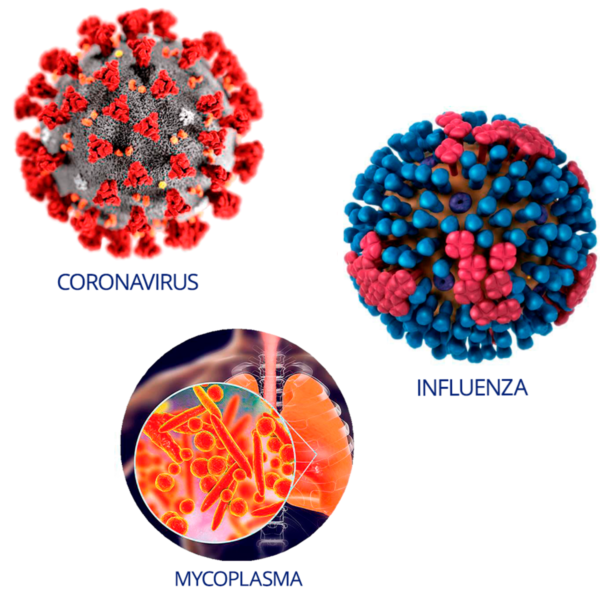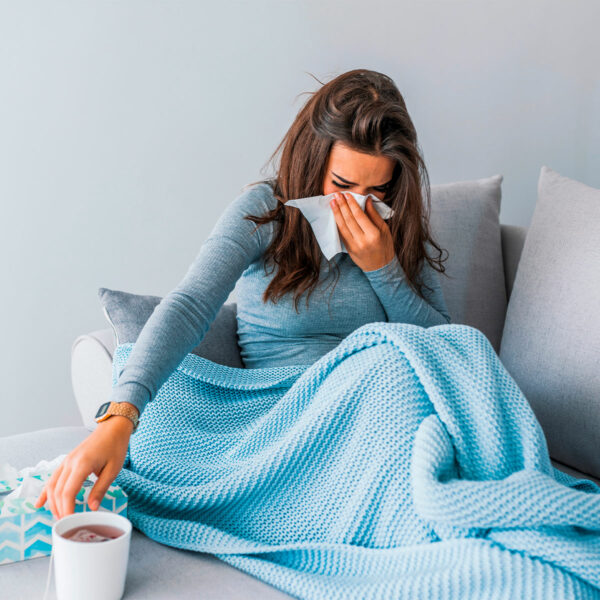There’s nothing quite like splashing around in a pool in the summertime and being underwater, swimming from end to end, and lingering in the water to avoid the relentless heat of our Caribbean sun. Everyone enjoys this, especially children whose favorite activity at summer camp is usually going to the pool.
But beware! Public pools can be the cause of health issues in children. Water is a passive carrier, one of the perfect environments for the breeding and survival of an infinite number of harmful microorganisms, such as bacteria. Chlorine can help eliminate them, but certain factors such as urine, sweat, and nasal and body secretions can contaminate the water.
This combination of fluids from multiple people may lead to the onset of diarrhea, rashes, ear and respiratory infections, and eye irritation. Waterborne illnesses at recreational facilities can spread when people swallow or come into contact with contaminated water or inhale it via mists or aerosol.
Even though summer camps and apartment complexes clean and maintain their pools regularly, children should adopt a few habits to help avoid the spread of some of these diseases.
What children should do:
- Wear protective gear, such as:
- — Swimming goggles
- — Earplugs
- Avoid getting pool water in the mouth or playing with it by putting it in their mouths and spitting it out, and especially, avoid swallowing it.
- Shower with fresh, clean water immediately after leaving the pool.
- Dry off immediately after getting out of the pool.
- Use a clean towel every day.
- Change into dry clothes to prevent fungal growth.
- Thoroughly dry the ears.
- Avoid going in the pool when sick and having a stuffy nose.
- Get out of the pool if their eyes start burning or their ears start hurting.
Adults should also monitor their children’s physical health. Check to see if their eyes are red or if they have rashes; ask if their ears hurt or if their genitals are itchy; and remind them of the rules for avoiding infections every day, if possible.
In addition to waterborne infections, summer heat and humidity can lead to fungal growth, especially vaginal yeast infections in females. Depending on the germ causing the infection, symptoms may include a burning sensation, itching, and vaginal discharge with an unusual odor, color, and consistency.
Recommendations for avoiding vaginal yeast infections:
- It is crucial to maintain proper genital hygiene.
- Avoid wearing wet swimsuits for long periods.
- Change underwear several times a day.
- Wear cotton underwear.
- Avoid using scented soaps in that area.
- Avoid wearing tight pants.
- Change pads frequently while menstruating.
If any of the above symptoms occur, talk to your doctor or pediatrician for early detection and treatment of any infection.










